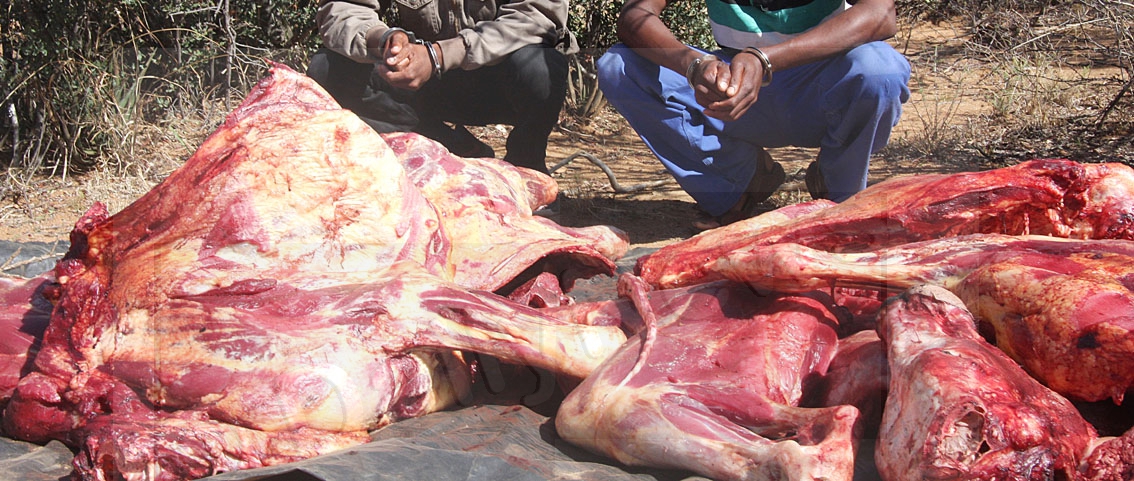Botswana engages manufacturers
23 Nov 2022
Government has engaged major pharmaceutical manufacturers for immediate supply of critical medications by December 2022.
Giving updates on the state of drugs and medical supplies in health facilities in Parliament, Friday, Minister of Health, Dr Edwin Dikoloti said government was currently working with Baylor College of Medicine and Texas Children’s Hospital to assist in supplies of most medications needed for a period of one year.
He further said as a long-term strategy, the ministry would continue to promote Botswana as a suitable hub for pharmaceutical manufacturing.
He said the strategy of attracting pharmaceutical manufacturing had the advantages of enhancing consistent local pharmaceutical supply, citizen skills transfer, job creation and entrepreneurial skill development, particularly for the youth.
Dr Dikoloti also reiterated on setting up health clusters under Health Special Economic Zone to promote Pharmaceutical manufacturing plants in Botswana and develop Health Financing Strategy.
The minister admitted that while local pharmacists had been empowered to address some of the health service delivery challenges, the intervention measures had not helped to deal with the issues completely as pharmaceutical supply to the country was still low.
What continues to be of great concern, he said, was the current acute shortage of critical medications, especially for chronic conditions.
“Cancer drugs are currently at 44 per cent availability and the implication is that when patients are inadequately managed, they may eventually require more expensive and cumbersome ways of treatment,” he said.
As a result of the acute shortage of critical drugs and specialists over the last two years, Dr Dikoloti said government had had no option but to refer patients to private health facilities leading to a sharp rise in cost from P3 million to P1 billion.
Despite the challenges, he highlighted progress on procurement of the vaccines for children and other Extended Programme of Immunisation (EPI) vaccines that was at 83 per cent.
Anti-Retroviral drugs (ARVs) was at 85 per cent, anti-diarrhoeal medications and Tuberculosis (TB) medications at 74 per cent; all of which he said was currently in good supply.
Dr Dikoloti said there had been 100 per cent growth in the number of private pharmacies dispensing chronic medication to date. He said there had also been an increase in the number of patients enrolled under the chronic medication programme from 10 000 to 20 989 by October.
Meanwhile, the minister pointed out that the crisis of pharmaceutical shortages was not unique to Botswana as most countries across the globe were experiencing similar challenges.
“Most neighbouring countries have similar problems,” he said.
He said the COVID-19 pandemic brought about a huge disruption in the medication supply chain system the world over, adding that it was further compounded by Botswana’s small population, which had not been attractive to manufacturers and distributors, owing to the economies of scale rule.
He said when production of medications went down as a result of restrictions imposed during COVID-19, demand for pharmaceuticals also doubled a nd in some cases, tripled.
“The net effect of this for developing countries like Botswana, which do not manufacture any medications, is the serious shortage of medications that we are currently experiencing,” he said.
Responding to the statement, Member of Parliament for Mahalapye West, MP David Tshere expressed concern over the high medical bill emanating from the engagement of the private pharmacists.
MP Tshere said the ministry should be precise in the provision of services.
MP for Selebi Phikwe West, Mr Dithapelo Keorapetse wanted to know how people in villages without pharmacies would be assisted. ENDS
Source : BOPA
Author : BOPA
Location : GABORONE
Event : Parliament
Date : 23 Nov 2022



